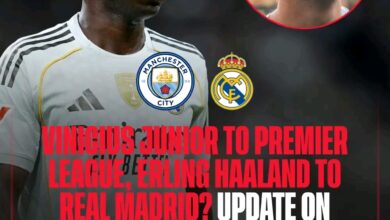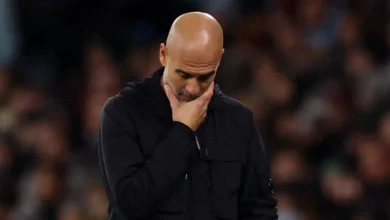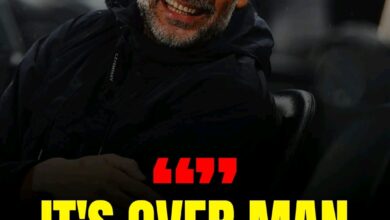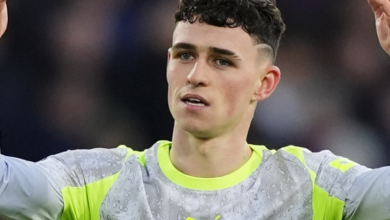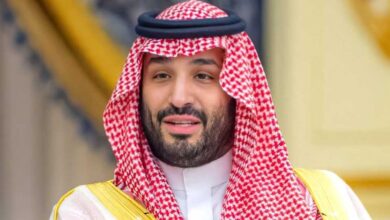Arsenal Transfer News: Zubimendi Signing and Midfield Revolution
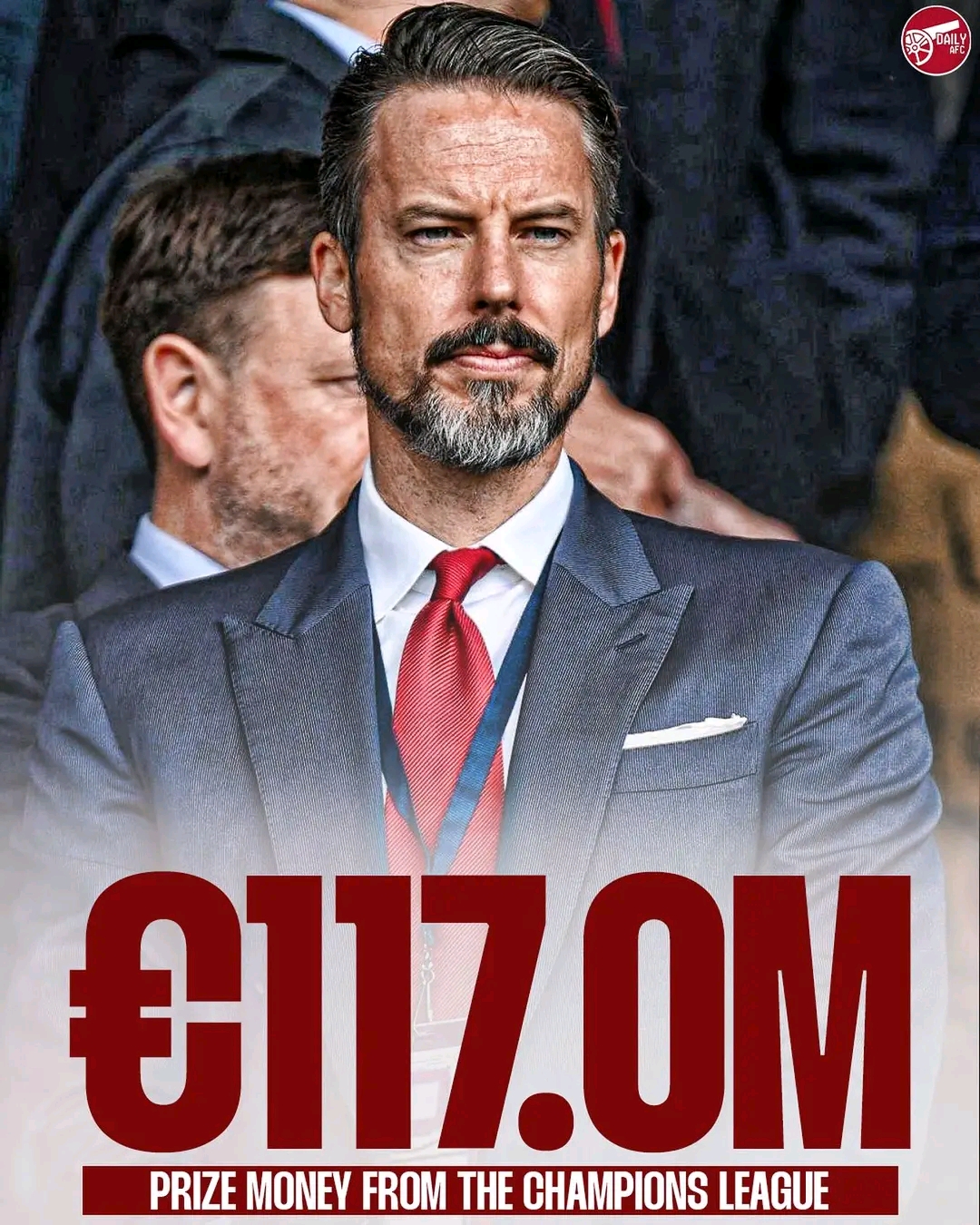
Arsenal Football Club stands on the precipice of a transformative summer transfer window, with significant developments emerging that could reshape the very foundation of Mikel Arteta’s midfield for the upcoming 2025/26 season. The Gunners’ strategic approach to squad enhancement has taken a decisive turn, with multiple high-profile midfield movements set to define their preparations for what promises to be another challenging campaign across all competitions.
The most significant development in Arsenal’s transfer strategy centers around the imminent arrival of Martin Zubimendi from Real Sociedad. The Spanish midfielder, who has established himself as one of La Liga’s most consistent and technically gifted players, represents exactly the type of acquisition that demonstrates Arsenal’s commitment to competing at the highest level of European football.
Zubimendi’s journey to the Emirates Stadium has been months in the making, with Arsenal’s scouting network identifying him as the ideal candidate to bolster their midfield options. The 26-year-old midfielder has consistently impressed with his ability to dictate tempo, his exceptional passing range, and his tactical intelligence that allows him to operate effectively in various midfield roles.
The financial aspects of the transfer highlight Arsenal’s pragmatic approach to modern football economics. Zubimendi’s contract with Real Sociedad contains a £51million release clause, which initially appeared to be a straightforward pathway to securing his services. However, Arsenal’s negotiation strategy has evolved to potentially offer a slightly higher sum while structuring the payment through installments, providing both clubs with greater financial flexibility.
According to recent reports from BBC Sport, the transfer has progressed to its final stages, with Zubimendi scheduled for a medical examination and all necessary paperwork nearing completion. This development suggests that Arsenal’s pursuit of the midfielder has been conducted with typical efficiency, avoiding the prolonged negotiations that often characterize high-profile transfers.
The strategic significance of Zubimendi’s acquisition extends beyond mere squad depth. His technical profile suggests he will provide Arsenal with additional tactical flexibility, capable of operating as a deep-lying playmaker, box-to-box midfielder, or even in a more advanced creative role depending on tactical requirements. This versatility aligns perfectly with Arteta’s tactical philosophy, which emphasizes positional fluidity and technical excellence.
The anticipated arrival of Zubimendi coincides with the confirmed departure of Jorginho, whose two-and-a-half-year tenure at Arsenal has concluded with characteristic grace and professionalism. The Italian midfielder’s farewell message provides insight into both his personal experience at the club and the broader culture that Arteta has cultivated during his managerial tenure.
Jorginho’s Instagram video, titled “with love and respect,” captured the emotional complexity of modern football transfers. His reflection that “sometimes the season is more than just football, it is about moments, people, growth” demonstrates the depth of connection he developed with the Arsenal community during his relatively brief stay.
The 33-year-old midfielder’s contributions to Arsenal extended far beyond statistical measures. His experience, leadership qualities, and technical proficiency provided valuable support during crucial moments throughout various competitions. His departure represents not just a squad change but the end of an era characterized by his unique blend of tactical intelligence and emotional maturity.
Jorginho’s description of Arsenal as “a family” and “a team full of hunger, passion and purpose” offers external validation of the positive culture that has developed under Arteta’s leadership. His acknowledgment of feeling “valued” and “loved” regardless of his playing time speaks to the club’s approach to squad management and player relationships
The simultaneous departure of Jorginho and arrival of Zubimendi represents more than simple squad rotation; it signals a strategic restructuring of Arsenal’s midfield philosophy. While Jorginho brought experience and tactical sophistication, Zubimendi offers a different profile characterized by physicality, energy, and long-term potential.
This transition reflects Arsenal’s broader strategic approach to squad development, which balances immediate competitive needs with long-term sustainability. Zubimendi, at 26, represents an investment in both present performance and future development, potentially serving as a cornerstone midfielder for several seasons.
The midfield transformation also considers the existing personnel within Arsenal’s squad. Declan Rice and Mikel Merino, both significant acquisitions in previous transfer windows, have established themselves as crucial components of Arteta’s tactical system. The addition of Zubimendi creates a midfield trio with complementary skills and tactical flexibility.
Rice’s defensive solidity and leadership qualities provide the foundation for Arsenal’s midfield structure. Merino’s technical ability and creative instincts offer different tactical options, while Zubimendi’s versatility and work rate complete a well-balanced midfield unit capable of adapting to various tactical scenarios and opposition challenges.
The ongoing situation surrounding Thomas Partey adds another layer of complexity to Arsenal’s midfield planning. The Ghanaian midfielder, who has experienced both brilliant performances and injury-related absences during his Arsenal career, remains a significant consideration in the club’s tactical calculations.
Partey’s contract situation and physical condition will likely influence Arsenal’s final midfield configuration for the upcoming season. His technical abilities and experience in high-pressure situations make him a valuable asset when available, but his injury history necessitates careful management and adequate cover.
The potential integration of Zubimendi alongside existing midfield options creates numerous tactical possibilities for Arteta. Different combinations of Rice, Merino, Zubimendi, and potentially Partey offer various approaches to different opponents and competition formats, providing the tactical flexibility essential for competing across multiple fronts.
Arsenal’s midfield considerations extend beyond headline signings to include the development and potential reintegration of existing squad members. References to “forgotten stars” suggest that some players previously considered peripheral to first-team plans may be reconsidered as viable options for the upcoming season.
This approach aligns with Arsenal’s broader philosophy of maximizing existing resources while making strategic additions. Young players who have developed through loan spells or extended periods away from the first team may find opportunities in a restructured squad that values depth and versatility.
The emergence of previously overlooked players also reflects Arteta’s coaching philosophy, which emphasizes individual development and tactical education. Players who may have struggled to establish themselves in previous seasons could benefit from Arsenal’s improved tactical structure and increased competition for places.
Arsenal’s approach to the summer transfer window demonstrates careful planning and strategic timing. The early completion of the Zubimendi transfer allows the club to focus on other priority areas while providing adequate time for new signings to integrate with existing squad members.
The timing of these midfield movements also considers the broader transfer market dynamics. By securing Zubimendi early in the window, Arsenal avoids potential complications from competing clubs while potentially influencing other clubs’ transfer strategies.
This strategic approach extends to financial planning, with structured payment arrangements allowing Arsenal to maintain flexibility for additional signings while managing their overall transfer budget effectively. The club’s ability to balance immediate needs with long-term financial sustainability demonstrates mature transfer strategy.
Zubimendi’s arrival opens numerous tactical possibilities for Arsenal’s approach to different competitions and opponents. His technical profile suggests compatibility with various formation structures, from traditional 4-3-3 arrangements to more fluid systems that emphasize positional interchange.
The Spanish midfielder’s experience in La Liga, where tactical sophistication and technical precision are paramount, should translate effectively to the Premier League’s unique demands. His ability to operate under pressure and maintain possession in tight spaces aligns with Arsenal’s possession-based approach to attacking play.
Furthermore, Zubimendi’s defensive contribution could prove crucial in Arsenal’s pursuit of improved defensive stability. His work rate and tactical discipline offer additional protection for the defense while maintaining the technical quality necessary for Arsenal’s build-up play from deep positions.
Arsenal’s midfield restructuring must consider their participation in European competition, where squad depth and tactical flexibility become even more crucial. The demanding schedule of domestic and European fixtures requires a midfield unit capable of maintaining performance levels across multiple competitions
Zubimendi’s experience in European competition with Real Sociedad provides valuable insight into the tactical and physical demands of continental football. His understanding of different playing styles and tactical approaches could prove invaluable in Arsenal’s European campaigns.
The midfield depth created by recent transfers also allows for strategic rotation during congested fixture periods, potentially maintaining fresher players for crucial matches while providing opportunities for squad development and tactical experimentation.
Arsenal’s midfield investments reflect a broader vision for sustainable success that balances immediate competitive needs with long-term development. The combination of experienced players and emerging talent creates a foundation for consistent performance across multiple seasons.
The strategic approach to squad building, demonstrated through carefully structured transfers and thoughtful player development, suggests that Arsenal’s ambitions extend beyond single-season objectives to sustained excellence across various competitions.
This long-term perspective also considers the evolving nature of modern football, where tactical flexibility and squad depth have become increasingly important for clubs competing at the highest level. Arsenal’s midfield restructuring positions them to adapt to changing tactical trends while maintaining their core playing philosophy.
The summer transfer window represents a crucial period in Arsenal’s continued development under Arteta’s leadership. The midfield changes, anchored by Zubimendi’s arrival and Jorginho’s departure, signal the club’s commitment to continuous improvement and strategic evolution. As these developments unfold, Arsenal supporters can anticipate a season characterized by renewed tactical possibilities and enhanced competitive potential across all competitions.









